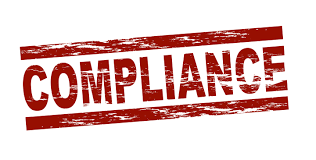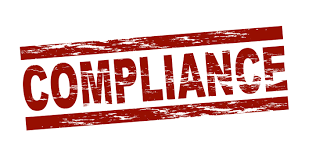
Most of us view paperwork as tedious and cumbersome to the process of doing our regular work, especially when it comes to F&I Compliance. And most of us probably sit in front of a pile of forms and documents and think, "What have I gotten myself into?" No one likes paperwork, so don't feel alone. The trick to tackling it is understanding where to start and having a mapped out battle plan.
So, you have to start by getting your team to view things through the eyes of an accountant (paperwork heaven...made you shudder huh?); or we can train your team to establish a consistent means of dealing with and processing paperwork (that does sound better).
Sales Worksheets should logically provide a good flow of the deal's terms, from the first stroke of your pen (or pencil), to the retail installment sales contract (or RISC). In the auto-sales business at least, the most imperative aspects are the very beginning of the process to the the agreement of sales terms, such as payment quotes. your sales worksheet should include the selling price of the vehicle, any dealer add-ons, discounts, cash down, rebates, taxes and other fees, and the agreed upon trade in value.
Photocopies of Drivers Licenses are a must by the USA Patriot Act. The exact regulation is named the Customer Identification Program (CIP), and has more to do with financial institutions than with you as a car dealer. Due to the fact that within the process of purchasing a vehicle, the customer must obtain a loan from a creditor or bank, they actually technically fall under the Customer Identification Program. Many customers have complained or questioned if the dealers actually use this photocopy to do unauthorized credit checks or any other second-handed activities, so it is good to print a copy of CIP and keep it on file to show customers who feel uncomfortable about it. You can download a PDF copy here.
OFAC Check is to check whether or not your customer is on the government's list of Specially Designated Nationals. If you are in the dark about what OFAC stands for, it is the Office of Foreign Assets Control. You can actually do this search using the US government's awesome form here.
Credit Applications should ideally follow Regulation B of the Equal Credit Opportunity Act. Having both a handwritten and electronic copy of your customer's application will lessen your discrepancies in the future. You can find a copy of ECOA's Regulation B here.
Credit Reports are still a big part of securing approvals for financing. A credit report can provide possible red flags that may end up being a problem later on. And even though it is required to shred a customers credit report per the Safeguard's Rule, it is highly recommended to keep the RFR information on file (but be sure to advise the customer you are doing so and why). You can read more about Red Flag Rule here.
Rebate Forms can become a world of hurt if you don't handle things correctly. One thing you should most definitely be careful of is "spot delivery" of a vehicle before a rebate period has ended, and then recontracting the customer after the rebate period. Why? The Truth in Lending Act states you are required to use the actual date on the RISC when recontracting a deal. If you are not careful to file everything appropriately, you can easily find yourself paying hundreds of thousands of dollars in charge backs...ouch.
Of course, these above items are not everything you can add to your F&I Compliance checklist, but this is enough to keep you studying for a while. And if you follow just these few listed, you can find yourself much closer to becoming finance and insurance complaint.




